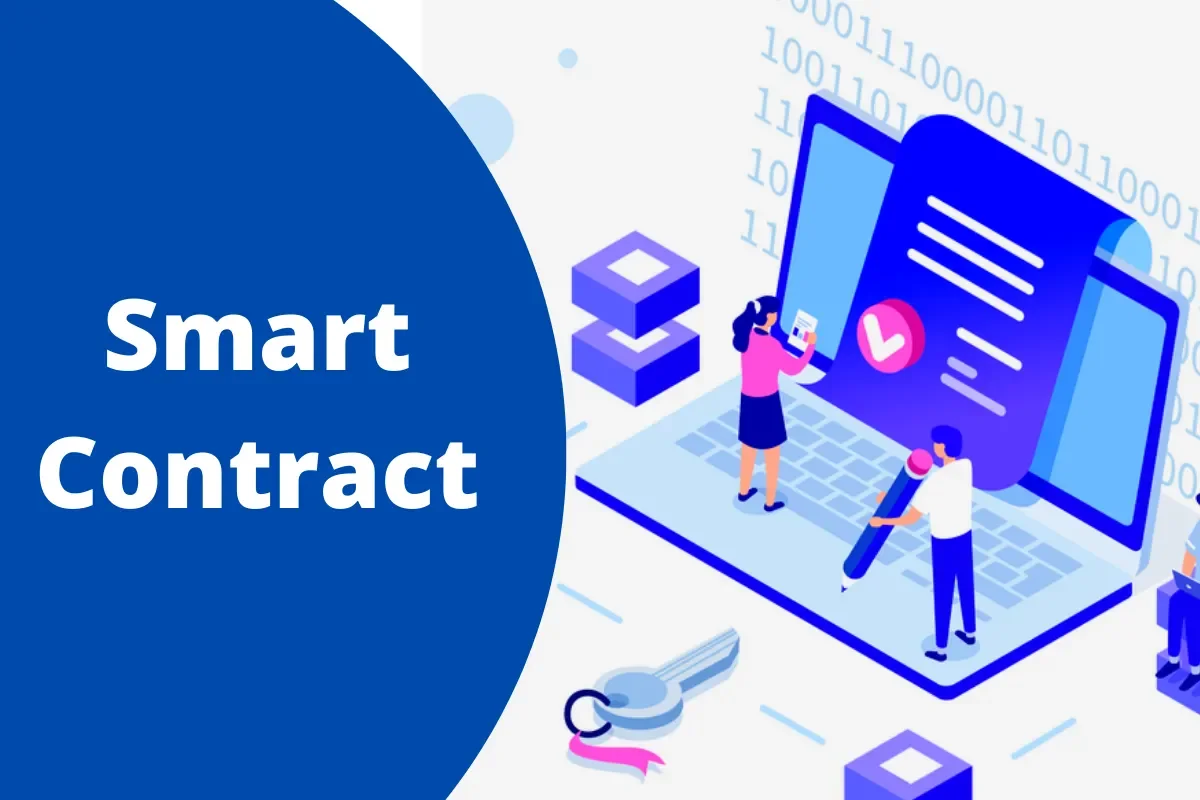
Blockchain platforms and non-fungible tokens (NFTs) are viral right now, with many first-time investors and creators amassing crypto fortunes through purchasing and selling these digital assets. However, before anyone can trade NFTs on a marketplace web application, smart contracts must be created and deployed.
Before you can create smart contracts using ERC-721 token standards (the rules used to create NFTs), you must first prepare your virtual wallet and connect to the Ethereum network.
NFT smart contracts are lines of code that govern a non-fungible token while enabling its non-interchangeability via blockchain interaction. Here is a guide to quickly creating NFT smart contracts.
To begin, you must find a solution that allows the smart contract to interact with the Ethereum blockchain. Alchemy API, a user-friendly development platform that directly connects your code to the ledgers, is among the most straightforward methods of interacting with the Ethereum blockchain.
Accounts on Alchemy are free, and its technology and code are completely open-source. Users who are more interested in the inner workings of their NFT smart contract will be able to comprehend everything that is happening in the background.
You will need to connect your MetaMask wallet to the platform once you’ve decided on an app to assist your engagement with the blockchain. This will enable you to receive test currency from an ETH faucet, which is the primary method for determining whether your NFT smart contracts will function properly.
You’ll need something to fill in the target wallet address now that you have your MetaMask account address. This is where ETH test faucets come into play. As the name implies, these test faucets can deposit a small amount of currency into your wallet to ensure everything is in working order. This is how you do it on the FaucETH platform:
A blockchain development platform called HardHat which allows developers to compile, deploy, and test their code and smart contracts locally before releasing them to the public. The time required for development and deployment can be greatly impacted by downloading and installing HardHat, particularly for beginners.
Smart contracts are the foundation of NFTs. Every smart contract includes the ruleset that governs the NFT, which provides information such as its name, rarity (if part of a collection), quantity, and current owner.
However, because these smart contracts contain a large amount of information, Before being implemented on the blockchain, they must be properly written and tested. Fortunately, numerous open-source apps and services are available to help streamline and simplify the development process. That means that even non-developers can quickly write and implement smart contracts. Seek the assistance of SmartOSC to complete creating NFT smart contract project as soon as possible.
Increased acceptance and knowledge sharing have aided the spontaneous growth of cryptocurrency over the last…
Blockchain can be intimidating to research, but attending cryptocurrency events is one of the best…
Blockchain has made inroads into all major industries and is also becoming a part of…
In recent years, blockchain lending solutions have grown in popularity as a way to earn…
The scalability trilemma is still one of the blockchain's most pressing issues. Here are some…
Many people are looking for ways to get involved in the crypto world as the…